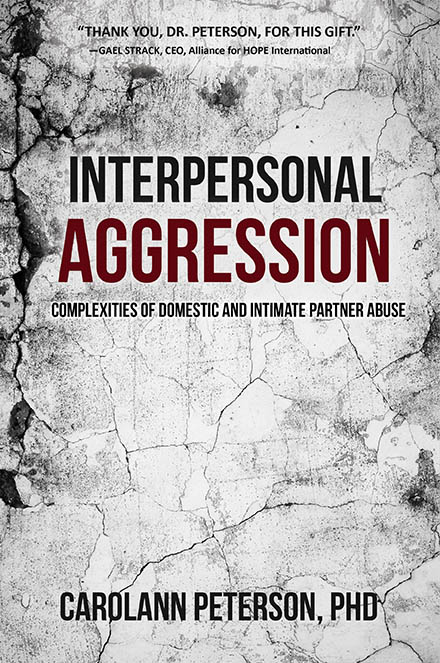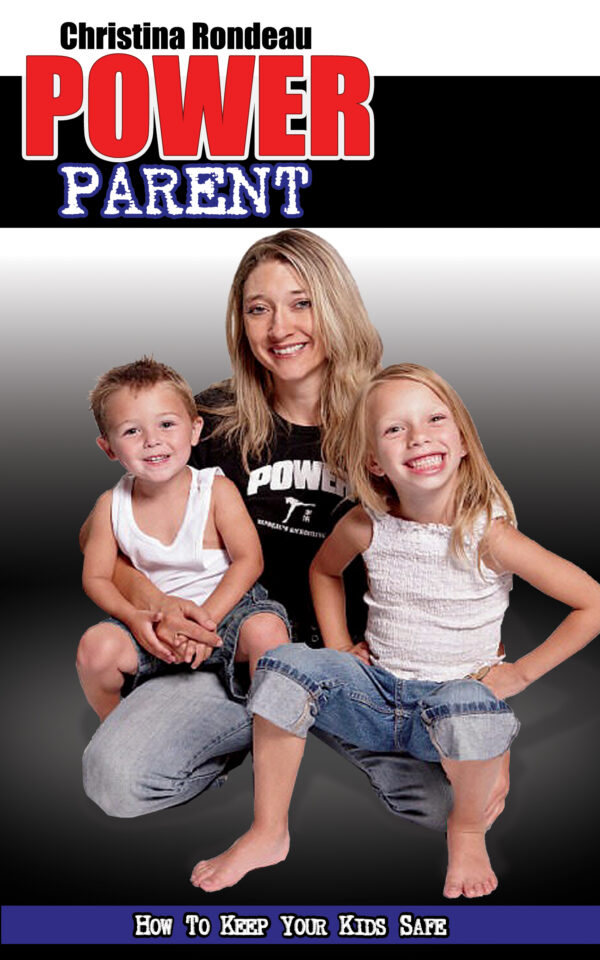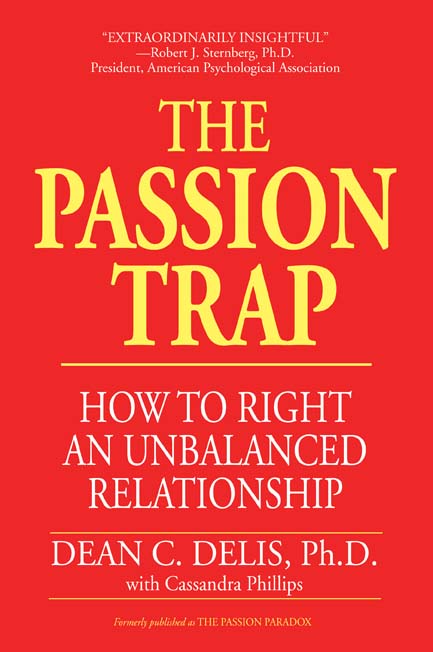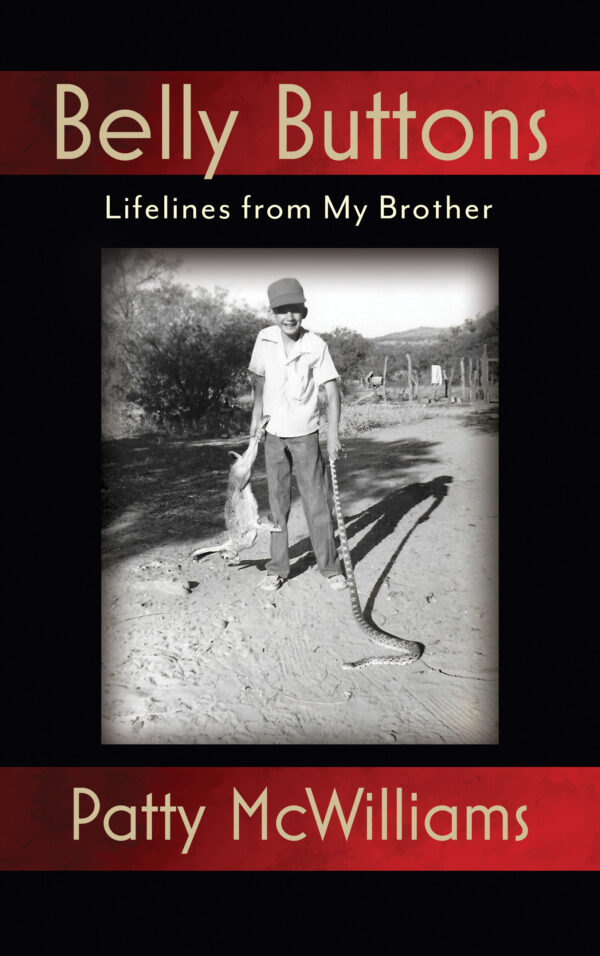Dr. CarolAnn Peterson is a full-time lecturer in the Suzanne Dworak-Peck School of Social Work at the University of Southern California and a member of the Los Angeles Mayor’s Domestic Violence Steering Committee. She was chairwoman of the Board of Directors and CEO of Peterson Professional Alliance where she worked with corporate America on recognizing domestic violence in the workplace and how domestic violence impacted their organizations. She assisted other organizations regarding welfare reform and its impact on victims of domestic violence, and she provided training on domestic violence to private, public, and nonprofit organizations. In addition, she has been a trainer for Federal Law Enforcement Training Center (FLETC) and spent ten years as a registered lobbyist. Peterson holds a PhD from Sanctus Theological Institute. She is a survivor of domestic violence and lives in California.
Interpersonal Aggression: Complexities of Domestic and Intimate Partner Abuse
$24.95
Description
One in three women and one in four men have experienced some form of physical violence by an intimate partner, according to the National Coalition Against Domestic Violence.
Interpersonal Aggression: Complexities of Domestic and Intimate Partner Abuse is a practical guide that provides necessary information for anyone who knows or works with victims/survivors — attorneys, law enforcement, social workers and therapists, family and friends concerned about loved ones, members of the judiciary and clergy– basically any helping profession.
Author CarolAnn Peterson takes the reader through the various aspects of a victim’s encounters, the history of domestic abuse, the legal system and law enforcement, workplace domestic violence, religion, the intersection of the LGBTQ+ community and intimate partner abuse, domestic abuse in the military, how culture influences victims’ decisions, batterers/abusers and intervention programs/counseling, and the impact of domestic violence on health and mental health of victims and children.
Dr. Peterson examines why victims stay and when they leave, what help is available, why abusers abuse, and what happens to the children, among other important topics. She offers comfort to anyone working with victims of domestic and intimate partner abuse — no matter the role they play.





